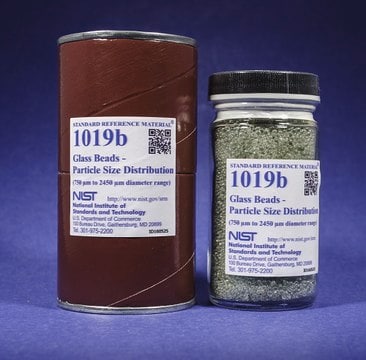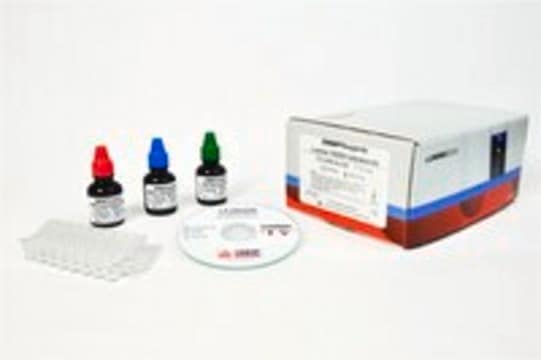MABS830
Anti-Acetyl CoA Carboxylase 1 Antibody, clone 7H4.2
clone 7H4.2, from mouse
Synonyme(s) :
ACC1, ACC-alpha
About This Item
Produits recommandés
Source biologique
mouse
Niveau de qualité
Forme d'anticorps
purified immunoglobulin
Type de produit anticorps
primary antibodies
Clone
7H4.2, monoclonal
Espèces réactives
mouse, human
Conditionnement
antibody small pack of 25 μg
Technique(s)
immunohistochemistry: suitable (paraffin)
western blot: suitable
Isotype
IgG2bκ
Numéro d'accès NCBI
Numéro d'accès UniProt
Conditions d'expédition
ambient
Modification post-traductionnelle de la cible
unmodified
Informations sur le gène
human ... ACACA(31)
mouse ... Acaca(107476)
Description générale
Spécificité
Immunogène
Application
Western Blotting Analysis: 0.5 µg/mL from a representative lot detected Acetyl CoA Carboxylase 1 in 10 µg of NIH/3T3 cell lyate.
Qualité
Western Blotting Analysis: 0.5 µg/mL of this antibody detected Acetyl CoA Carboxylase 1 in 10 µg of A431 cell lysate.
Description de la cible
Forme physique
Autres remarques
Vous ne trouvez pas le bon produit ?
Essayez notre Outil de sélection de produits.
En option
Code de la classe de stockage
12 - Non Combustible Liquids
Classe de danger pour l'eau (WGK)
WGK 1
Point d'éclair (°F)
Not applicable
Point d'éclair (°C)
Not applicable
Certificats d'analyse (COA)
Recherchez un Certificats d'analyse (COA) en saisissant le numéro de lot du produit. Les numéros de lot figurent sur l'étiquette du produit après les mots "Lot" ou "Batch".
Déjà en possession de ce produit ?
Retrouvez la documentation relative aux produits que vous avez récemment achetés dans la Bibliothèque de documents.
Notre équipe de scientifiques dispose d'une expérience dans tous les secteurs de la recherche, notamment en sciences de la vie, science des matériaux, synthèse chimique, chromatographie, analyse et dans de nombreux autres domaines..
Contacter notre Service technique








